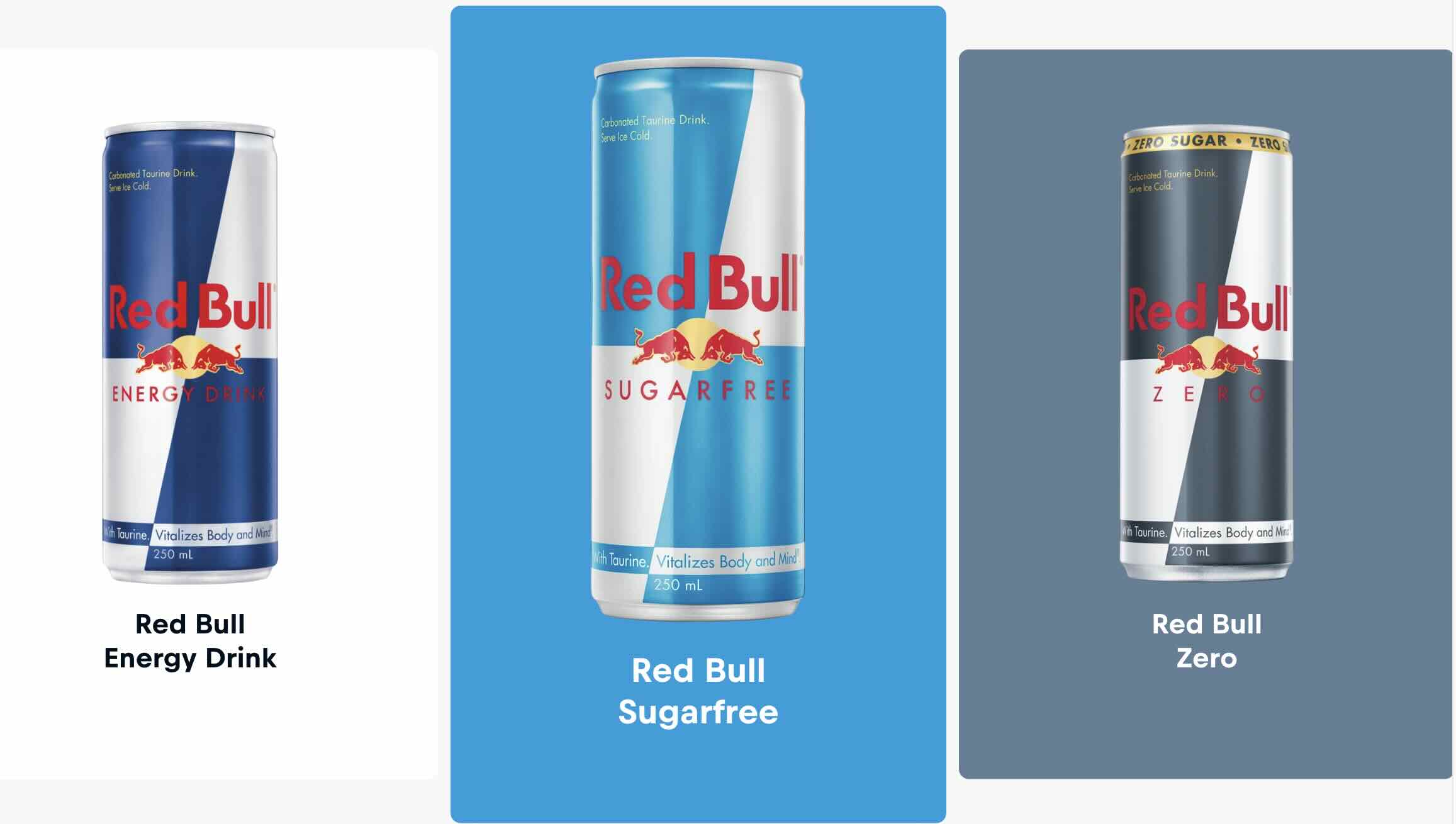People are also reading...
How Many Calories In A Cup Of Sugar?
Carbs in Skimmed Milk?
How Much Sugar Is In Sprite?
Is Sprite Good For You?
Is Truvia Good for Diabetics?
Is Core Power Good for You?
How Long is Greek Yogurt Good for After Opening?
See the answer to: "How Long is Greek Yogurt Good for After Opening?"
Is Yogurt Good For Acid Reflux?
Is Lipton Green Tea Good for You?
Ready to level-up?
Create meal plans 10x faster, follow up with your clients through our mobile app, and never struggle with meal planning or recipe management again.
